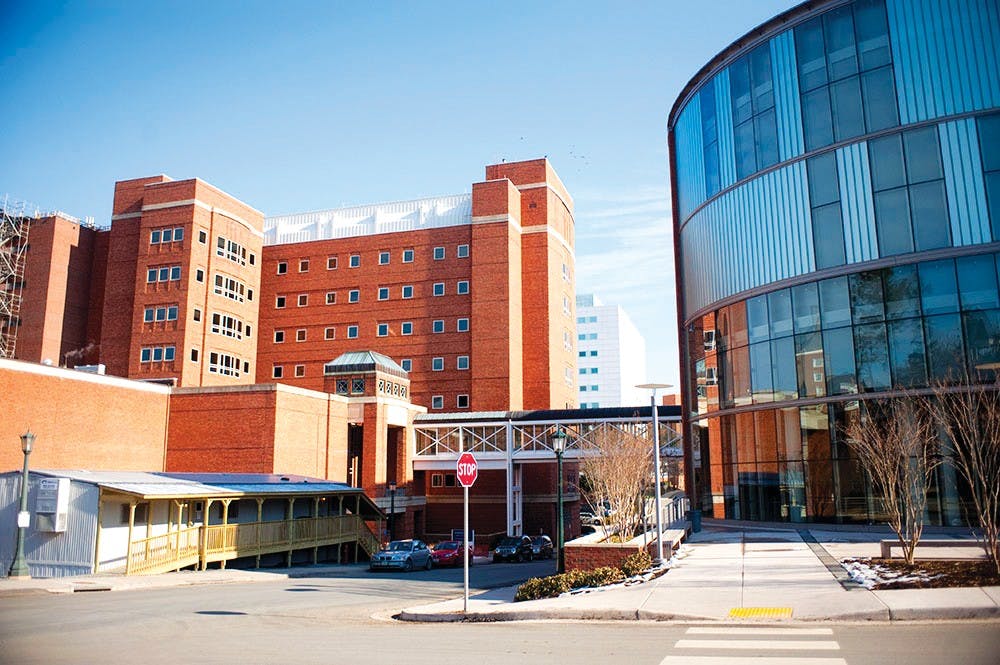Researchers at the University School of Medicine have recently discovered why strains of the hypervirulent C. difficile bacteria are so deadly.
In the last two decades, C. difficile strains have become more common in hospital settings and could cause more severe infections in the patients who acquire them. Recent research pinpoints how the C. difficile manipulates the immune system, which will allow scientists to better combat the bacteria.
Carrie Cowardin, a postdoctoral fellow at Washington University in St. Louis, was one of the scientists who aided in the discovery.
Cowardin was a Ph.D. student working at the lab of Dr. William Petri, chief of U. Va.’s Division of Infectious Diseases and International Health, when the strains’ mechanisms were identified.
"Nearly every day that I care for patients I am faced with this potentially deadly infection," Petri said in a press release. "Carrie Cowardin's discovery of why this strain of C. diff is so dangerous, and most importantly how to combat it, is a huge and most needed advance."
A common cause of hospital-acquired infections, C. difficile cause infections with different severity. Nearly 15 percent of infected patients could die from these particular strains, Cowardin said.
“The important finding from our work is why these strains cause more severe disease, as we have been able to show that a particular toxin they make can manipulate the host immune system in a negative way,” Cowardin said in an email statement. “The toxin is able to kill a certain type of immune cell called an eosinophil, which we found is important for protecting from C. difficile.”
Cowardin said the finding was based on previous work suggesting the strains and infection in hospitalized patients are associated.
The strains could attack both patients who receive antibiotics and healthy individuals, Cowardin added.
“In fact, antibiotics disrupt the beneficial bacteria found in the gut and make patients more likely to get C. difficile, which is naturally resistant to many antibiotics,” Cowardin said. “C. difficile forms spores which are resistant to many chemicals and cleaning agents, which makes it very hard to get rid of.”
The discovery sheds light on effective therapies for infected patients.
“We have found an important to clue to help us uncover the difference between a healthy and an unhealthy immune response to C. difficile – namely, the eosinophil,” Cowardin said. “This could help us design therapies to promote eosinophils in patients with C. difficile infection.”
Preventing the toxin’s activity and increasing eosinophil numbers to make the immune system healthier are ways which severe infections could be combatted, Cowardin added.







